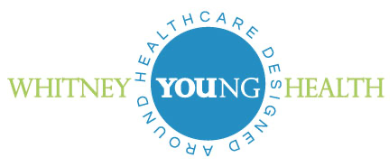Every October, the pink comes out, everywhere, from the NFL to shops and restaurants, but do you know why? October is Breast Cancer Awareness Month; here are some things you need to know to reduce your risk and to help educate others.
Breast cancer is the most common cancer among women in the United States besides skin cancer. Since 1989, the breast cancer death rate has declined by 35% because of increased screening regimens. Please remember, October is more than just “save the boobies” or “save the tatas”, this is about saving women’s lives!
What are some risks associated with breast cancer?
- Starting menstruation before age 12 or starting menopause after the age of 55
- Family history or relatives with breast cancer diagnosed at a young age
- Having children after 35 or never having children
There has been plenty of coverage both on the television and social media about breast cancer and BRCA genes which have caused many women to decide to get a mastectomy (or surgical removal of a breast), specifically, Angelina Jolie. A simple blood test can help determine if a woman is “susceptible” to the associated cancers, with proper reasoning and family history.
So, what are the BRCA1 and BRCA2 genes? Why are they important?
- BRCA stands for BReast CAncer susceptibility genes, these genes are part of our normal genetic makeup, but certain changes or mutations can occur in the BRCA gene(s) which could lead to the development of cancer.
- Inherited BRCA mutations are responsible for around 5% percent of breast cancers. Early screening and detection is crucial!
How can I be screened for breast cancer?
- A mammogram or an X-ray of the breast tissue. This is the best way for early detection but there are some restrictions based on age.
- Your doctor can perform a clinical breast exam which means your doctor uses their hands to feel for lumps or abnormalities in the breast. This can also be done as a self-examination. Ask your doctor about how to do a breast self-exam at your next appointment!
I have a low-income and I am uninsured/underinsured, can I still get screened for breast cancer?
- The Centers for Disease Control and Prevention have a program called, National Breast Cancer and Cervical Cancer Early Detection Program which provides screenings and diagnostic services to those in need. Services included, clinical breast exam, mammograms, pelvic exams, Pap tests, referrals to treatment, etc. If you need information about getting screened or determining if you qualify, please call: 1 (866) 442-2262.
At Whitney Young, our mission is to provide every patient with consistent, quality health care without regard to income, so make an appointment for your screening.
